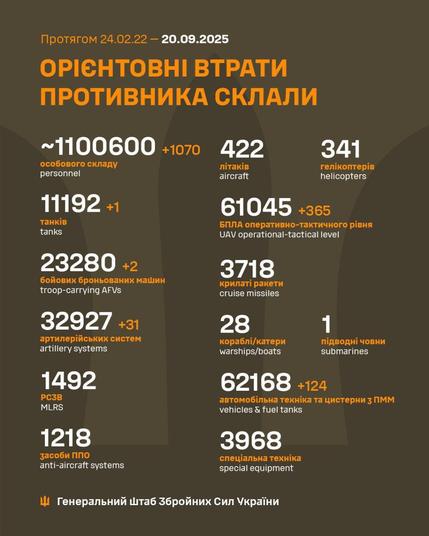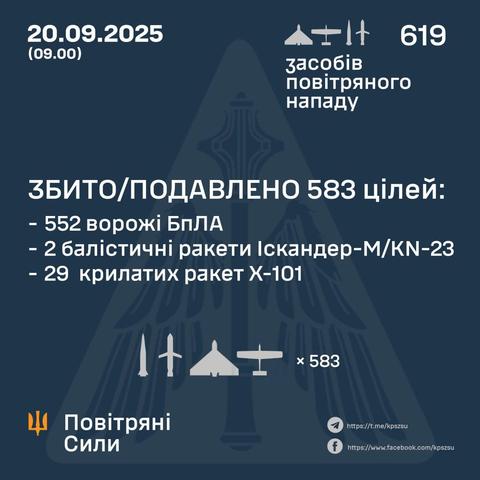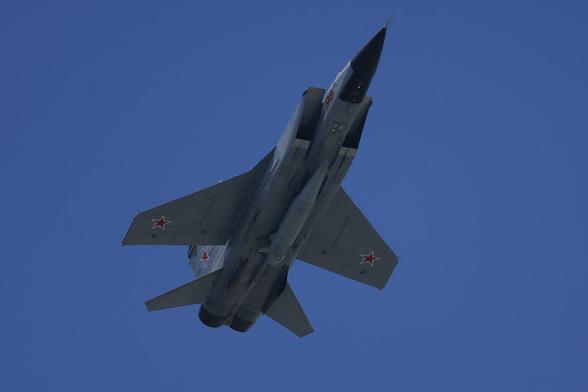@robotistry I can’t disagree. These are all valid points. Certainly, the hope that collateral damage (civilian deaths) is a hope everyone shares. It all depends on the military strategy and international dogged pursuit of war crime perpetrators.
Wars of attrition take a terrible toll on frontline infantry. The #Russians are simply running out of conscripts. They would love a few more smart #robots.
To give you some idea of the U.S. Army view, an experienced senior officer once told me, “the soldiers are too careful and attached to their robots,” (more on that another day), “we want them to treat robots like ammunition!” The maxim being, the more lead you send down range, the better.
Your emphasis on “an infinite repository of *working and already in place* robots” is right on target, but these are all short term challenges. Large numbers can be produced very quickly. How many cell phones are built every year? “Working” can mean a lot of things. Reliability is an issue for all systems, but you can easily compensate with numbers (barring a shared systemic failure). Rockets can deliver munitions to any point on the planet in minutes.
Thanks for the thoughtful reply.








